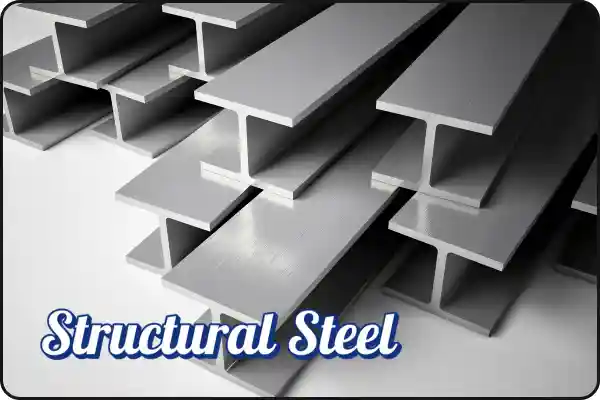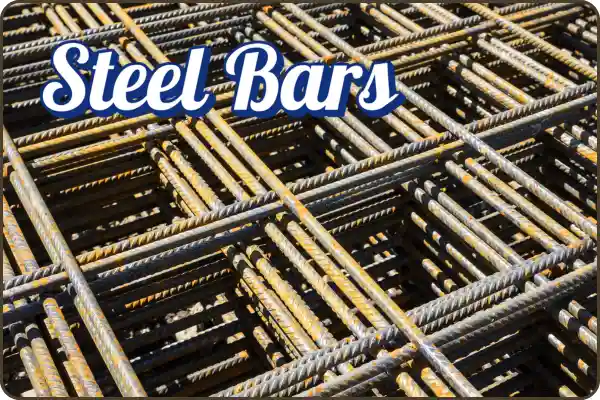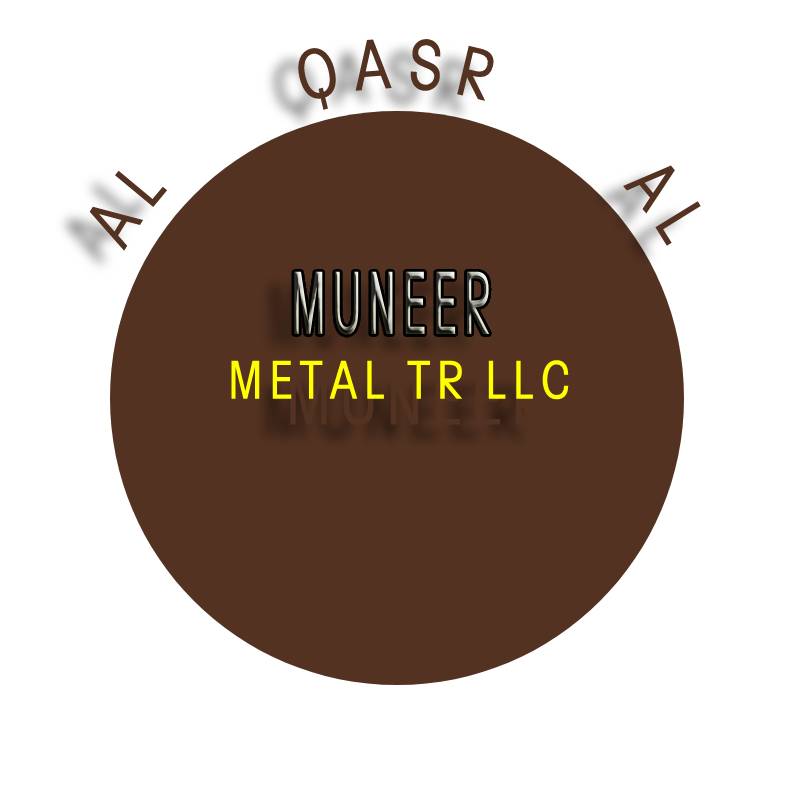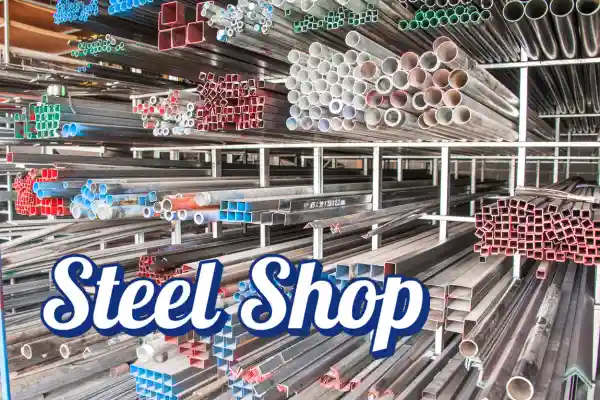Current New Steel Prices in UAE (2025) and How It’s Sold in the Market
This metal is a critical material in the construction and infrastructure sector of the United Arab Emirates. With its widespread use in buildings, bridges, industrial facilities, and energy projects, the demand for new remains consistently high. As of 2025, the market in the UAE is dynamic, influenced by global trends, regional construction activity, and raw material availability.
| steel price per kg and per ton | todays steel price in Tonne | steel price today in Kg |
|---|---|---|
| New Steel (e.g., Rebar) | 2,450 – 3200 | 2.40 – 3.20 |
This article focuses specifically on new steel prices, excluding scrap steel, and provides a comprehensive guide to current Steel pricing, methods of sale, units of measurement, and purchasing practices across the UAE.


1. Importance in the UAE Market
It is vital for structural strength, engineering reliability, and project certification. It is preferred in residential towers, commercial buildings, roads, bridges, airports, oil and gas infrastructure, and manufacturing plants. Unlike scrap or re-rolled steel, new ferrous metal comes with manufacturing certifications, standard sizing, strength guarantees, and testing documentation.
2. Units of Measurement and Sale Practices in the UAE
It is sold in different formats depending on the type and customer demand. The most commonly used units in the UAE market are, for small its steel rate per kg, on large scale ,steel price per ton.
| Measurement Unit | Symbol | Description |
|---|---|---|
| Kilogram | kg | Used for retail and small-scale sales |
| Metric Ton | MT | 1 MT = 1,000 kg, used in bulk sales |
| Piece | Individual item, especially rebar | |
| Meter | m | Used for pipes, angles, and rebars |
| Bundle | A group of steel bars, weighed in MT |
Steel Prices are quoted per kg or per metric ton and often include or exclude transport and VAT depending on the seller.
How to sell ?
This is typically sold by weight, either in kilograms or metric tons, especially for bulk transactions involving large-scale construction or industrial requirements. For specific products like rebar, pipes, and beams, sales are often conducted by the piece or by the meter, depending on the customer’s needs and the type being purchased.
Additionally, in many construction supply yards, it is also sold in bundles, where a fixed group of bars or sections is weighed and priced collectively.
3. New Steel Prices Range in the UAE (April 2025)
Below are the average retail and wholesale prices in the UAE. Steel Prices may vary slightly based on brand, certification, size, and order volume.
| Today steel price | Steel Prices Range (AED/MT) | Steel Prices Range (AED/kg) |
|---|---|---|
| Deformed Steel Bars (Rebar) | 2,350 – 2,600 | 2.35 – 2.60 |
| Mild Steel Plates | 2,500 – 2,800 | 2.50 – 2.80 |
| Hot Rolled Coils (HRC) | 2,450 – 2,700 | 2.45 – 2.70 |
| Galvanized Sheets | 2,800 – 3,100 | 2.80 – 3.10 |
| Hollow Pipes (ERW) | 2,700 – 3,200 | 2.70 – 3.20 |
| I-Beams / H-Beams | 2,600 – 2,850 | 2.60 – 2.85 |
Note: Steel Prices may vary slightly in different emirates such as Dubai, Abu Dhabi, Sharjah, and Ajman due to transportation and supplier variations.
4. How to buy
a. Direct from Manufacturers Large developers and construction firms often purchase it directly from UAE-based producers like Emirates Steel or Conares. These bulk purchases are typically done per metric ton and are delivered to project sites via trailer.
b. Dealers and Distributors Numerous registered trading companies operate in industrial areas such as Ras Al Khor (Dubai), Mussafah (Abu Dhabi), and Sajaa (Sharjah). These traders provide new metals in both retail and wholesale formats.
c. Online Marketplaces Many suppliers now offer steel products online. Buyers can request quotes, select standard sizes, and order per kg, per ton, or per piece with delivery options.
d. On-Site Steel Yards Construction companies with ongoing projects often source it from local yards, where Steel prices are competitive and delivery is fast.
5. Factors Affecting New Steel Prices
Price of steel per kg in the UAE is significantly influenced by global iron ore prices, as fluctuations in the cost of raw materials such as iron ore and coal directly affect the base manufacturing cost. Logistics and freight charges also play a crucial role, with both domestic transportation and international import expenses contributing to overall pricing.
When construction activity increases—particularly during the second and third quarters of the year—demand for steel rises, which often results in temporary price surges. Government regulations, including import tariffs, the standard 5% value-added tax (VAT), and other regional taxes, can further affect cost steel per kg.
Additionally, currency exchange fluctuations impact the cost of steel imported from countries like China, India, and Turkey, sometimes leading to steel per kg price variability depending on the prevailing foreign exchange rates.
6. Recommended Buying Practices
When purchasing new steel in the UAE, it is important to first confirm the unit of sale to ensure clarity on whether the pricing is based on kilograms or metric tons. Buyers should also verify that the metal comes with proper certifications, including quality markings and test certificates that guarantee compliance with manufacturing standards.
Since Steel prices can vary slightly between different emirates such as Dubai, Sharjah, and Abu Dhabi, comparing rates across regions can help secure the best deal. For larger orders, there is typically room for negotiation, making it worthwhile to discuss bulk pricing with suppliers.
Lastly, it is essential to confirm whether transport costs are included in the final quotation, as delivery charges can significantly influence the overall expense.
7. Conclusion
The UAE’s construction-driven economy ensures a steady demand for new steel. Whether buying for a small workshop or a mega infrastructure project, understanding how steel is sold, measured, and priced is essential for cost-effective procurement.
With steel price per kg today ranging between AED 2.35 to 3.20 per kg depending on type and form, buyers must compare quotes, check certifications, and ensure clarity on units and delivery terms. In today’s fast-paced world, infrastructure development is at the heart of every growing economy.
From towering skyscrapers to expansive bridges and robust highways, modern construction relies heavily on strong, durable materials that can withstand time and pressure. As urbanization accelerates and global populations rise, the demand for such reliable construction elements has steel prices.
New residential and commercial projects are being launched daily, reshaping skylines and transforming rural areas into urban hubs. This surge has led to an increased consumption of core construction materials across the globe thus increasing steel prices as well equally.
Governments and private developers alike are investing heavily in high-rise buildings, transportation networks, and industrial parks — all of which depend on solid frameworks to ensure safety and longevity. Recently, some countries have experienced shortages or imposed temporary bans on the export of key construction components due to rising domestic demand.
These restrictions often aim to support local industries and control inflation in infrastructure costs. However, such actions can disrupt the global supply chain, making the procurement of essential building materials more challenging for certain regions.
In light of these developments, there is a growing push toward innovation in construction practices. Alternative materials, advanced composites, and recycled products are being explored to reduce dependency on traditional resources. Additionally, green building initiatives and sustainable construction models are becoming a standard, helping balance progress with environmental responsibility.
As the world continues to expand and modernize, the importance of durable and reliable building materials cannot be overstated. They are the backbone of every tower, tunnel, and transit system that defines our daily lives — quietly supporting the structures we often take for granted.
Disclaimer: 1 kg steel price today mentioned are indicative and subject to change based on market conditions, availability, and supplier policies. VAT (5%) and other applicable taxes may not be included. Always confirm final pricing, delivery charges, and tax details with the supplier before making a purchase.

